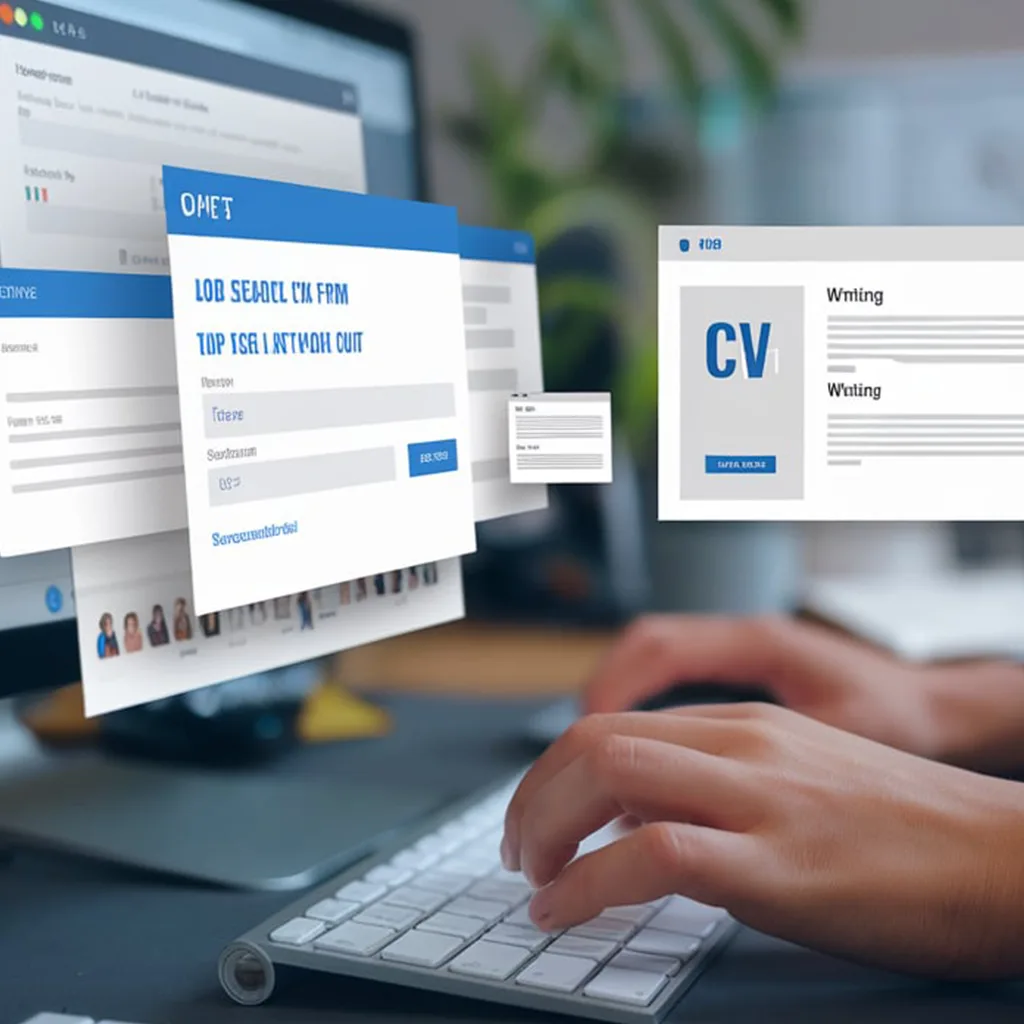Legal CV Tips: How to Create a Standout Legal Resume
Creating an outstanding legal CV is crucial for landing your dream job in the competitive legal industry. Whether you are a recent law graduate or a seasoned attorney, the right CV can make a significant difference.
In this text, we’ll cover the main legal CV tips, including structure, content, and presentation. We’ll also address some common questions about crafting a legal resume.
Understanding the Basics of a Legal CV
What is a Legal CV?
A legal CV is a professional document that highlights your legal education, skills, experiences, and achievements. Unlike generic resumes, a legal CV must be meticulously detailed and tailored to the specific job you are applying for.
Why is a Legal CV Important?
A well-crafted legal CV can help you stand out from other candidates by showcasing your qualifications and demonstrating your attention to detail. In the legal field, where precision and professionalism are paramount, your CV is your first opportunity to make a positive impression
Key Elements of a Legal CV
Contact Information
Ensure your contact details are up-to-date and professional. Include your full name, phone number, email address, and LinkedIn profile. If you have a professional website or portfolio, consider adding that as well.
Professional Summary
Write a concise professional summary that highlights your career goals and key qualifications. Tailor this section to each job application, emphasizing how your background aligns with the specific role.
Education
List your educational background in reverse chronological order, starting with your most recent degree. Include the name of the institution, degree obtained, and dates attended. Highlight any honors or distinctions.
Work Experience
Detail your work experience, focusing on relevant legal roles. For each position, include the name of the organization, job title, dates of employment, and a description of your responsibilities and achievements. Use bullet points to enhance readability.
Skills
Create a section dedicated to your key legal skills. This might include:
- Legal research
- Case management
- Client relations
- Drafting legal documents
- Negotiation
- Analytical skills
Certifications and Licenses
Include any relevant certifications and licenses, such as your bar admission status and any specialized legal training.
Professional Affiliations
List any professional organizations you are a member of, such as the American Bar Association or state bar associations.
Tips for Crafting an Effective Legal CV
Tailor Your CV to the Job
Customize your CV for each application. Highlight the skills and experiences most relevant to the specific job. Use keywords from the job description to ensure your CV passes through Applicant Tracking Systems (ATS).
Focus on Achievements
Rather than just listing duties, emphasize your achievements in each role. Use quantifiable metrics where possible, such as “Managed a portfolio of 50+ clients” or “Drafted 100+ legal documents with a 95% success rate.”
Maintain a Professional Tone
The legal profession demands professionalism. Ensure your language is formal and free of slang. Avoid using jargon that might not be understood by a broader audience.
Keep It Concise
While your legal CV should be detailed, it should also be concise. Aim for no more than two pages, focusing on the most relevant information.
Proofread Thoroughly
A CV with typos or grammatical errors can ruin your chances of landing an interview. Proofread your CV multiple times, and consider having a colleague or mentor review it as well.
Advanced Legal CV Tips
Highlight Continuing Education
In the legal field, continuous learning is crucial. Include any continuing education courses, workshops, or seminars you have attended. This demonstrates your commitment to staying current in your field.
Incorporate Technology Skills
With the increasing use of technology in law, it’s beneficial to highlight any tech skills you possess. This might include familiarity with legal research databases (e.g., Westlaw, LexisNexis), case management software, or e-discovery tools.
Showcase Soft Skills
While legal expertise is essential, soft skills like communication, teamwork, and leadership are also critical. Provide examples of how you have demonstrated these skills in your past roles.
Use a Professional Format
The format of your CV should be clean and professional. Use a standard font like Times New Roman or Arial, and ensure consistent formatting throughout. Avoid using overly creative designs that might detract from the content.
Network and Gather References
Networking can significantly enhance your job prospects. Maintain professional relationships and gather references from respected colleagues or mentors in the legal field. Include these references on a separate sheet if requested.
Frequently Asked Questions About Legal CVs
How Long Should a Legal CV Be?
A legal CV should typically be one to two pages long. Aim to include only the most relevant information to keep it concise and impactful.
What Should I Include in My Professional Summary?
Your professional summary should briefly outline your career goals, key skills, and qualifications. Tailor it to the job you are applying for, highlighting how your background aligns with the role.
How Can I Make My Legal CV Stand Out?
To make your legal CV stand out, focus on achievements rather than duties, use quantifiable metrics, and tailor your CV to each job application. Additionally, ensure your CV is error-free and professionally formatted.
Should I Include All My Work Experience?
Include only relevant work experience that demonstrates your legal skills and qualifications. If you have extensive experience, focus on the most recent and pertinent roles.
How Important Are Keywords in a Legal CV?
Keywords are crucial for passing ATS and catching the eye of recruiters. Use keywords from the job description and industry-specific terms relevant to the role.
These legal CV tips and best practices can create a compelling and professional resume that enhances your chances of landing your desired legal job. Remember to tailor your CV for each application, focus on your achievements, and maintain a high level of professionalism throughout.





